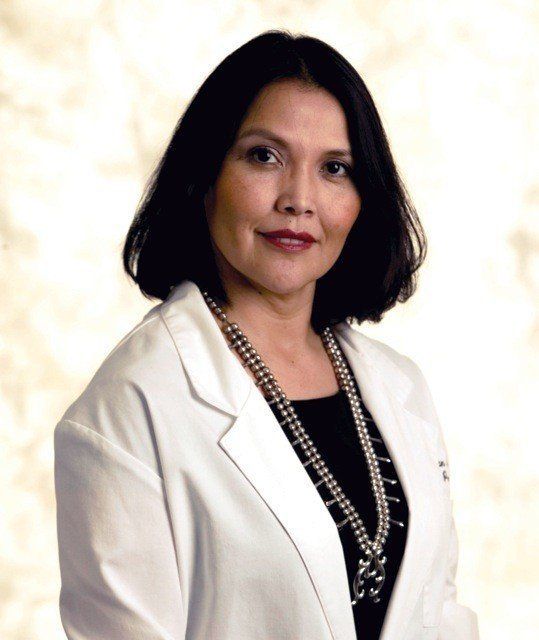Native American Heritage Month, observed every November in the United States, is a time to honor and celebrate the rich and diverse cultures, traditions, and contributions of Native American and Indigenous peoples. It provides an opportunity to recognize the enduring legacies and resilience of the first inhabitants of the Americas.

After her grandfather’s passing during her time as a student at the University of Arizona, Dr. Nez Henderson’s commitment to healthcare deepened. Choosing to pursue a master’s in public health at Yale University, she sought a comprehensive understanding of healthcare systems and the disparities faced by minority populations.
Transitioning to medical school at Yale presented its own set of challenges. As the sole American Indian medical student on campus, she faced a lack of familiarity among the faculty with the unique experiences of Native students. Bridging the gap between her Navajo upbringing and orthodox medicine, she observed a critical omission in the conventional approach—neglecting spiritual health, a dimension her grandfather always emphasized.
During her clinical clerkships with the Indian Health Service, Dr. Nez Henderson delved into the health problems of American Indians, exploring the biological, social, and cultural dimensions of the disease process. This experience fueled her passion for public health, recognizing the multifaceted nature of health challenges within Native communities.
After earning her doctor of medicine in 1999, Dr. Nez joined the faculty at the University of Colorado Health Sciences Center. Her role as an assistant professor in the Division of American Indian and Alaska Native Programs allowed her to contribute actively to the Native Elder Research Center, mentoring junior faculty and preparing them for research careers focused on the unique health needs of Indian communities.
In recent years, Dr. Nez Henderson’s research has centered on reducing smoking among American Indians. Despite declining rates in the general population, the community faces a rising prevalence of smoking, contributing to increased mortality from cardiovascular disease and lung cancer. Dr. Nez Henderson also serves as vice president for the Black Hills Center for American Indian Health, an American Indian nonprofit organization established in 1998 to address the myriad health needs of Northern Plains tribes.









